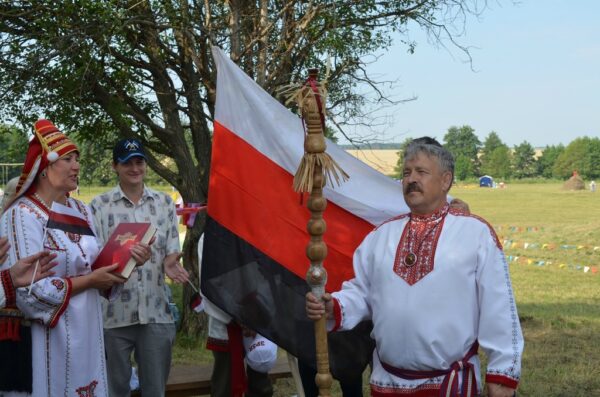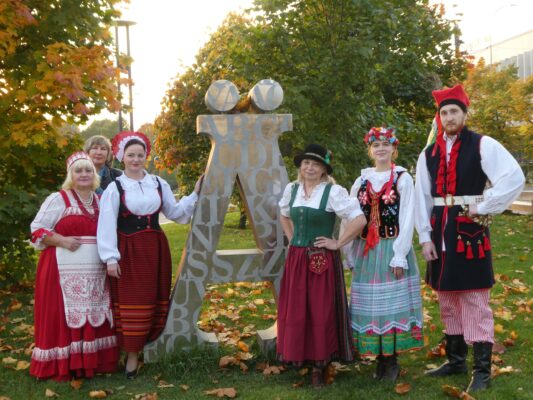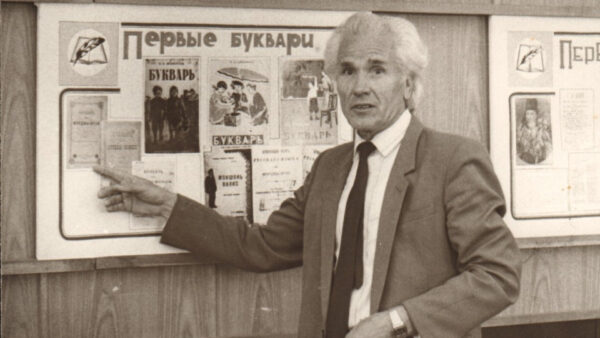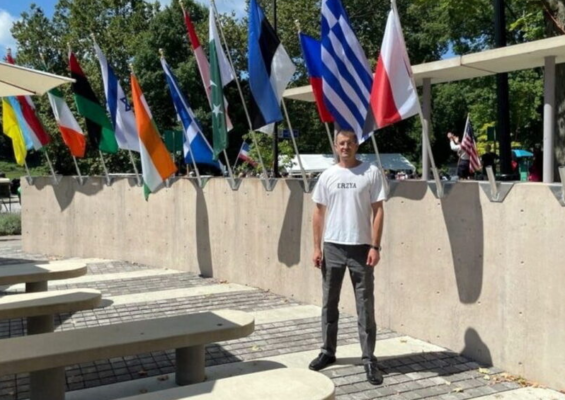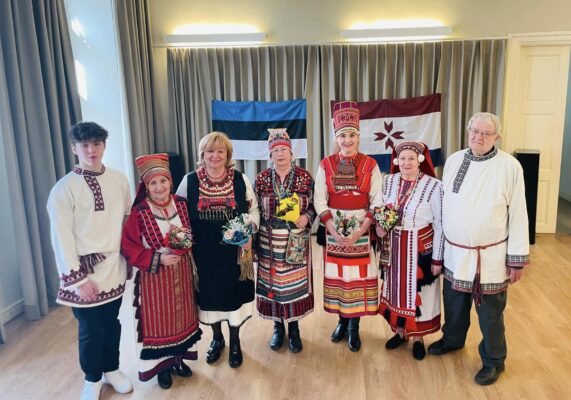Mordvins in Russian Federation celebrated Erzya Language Day
Since 1993, April 16 has been celebrated as the Erzya Language Day. Some years ago, the day was changed in the Russian Federation to the Mordvin Language Day.
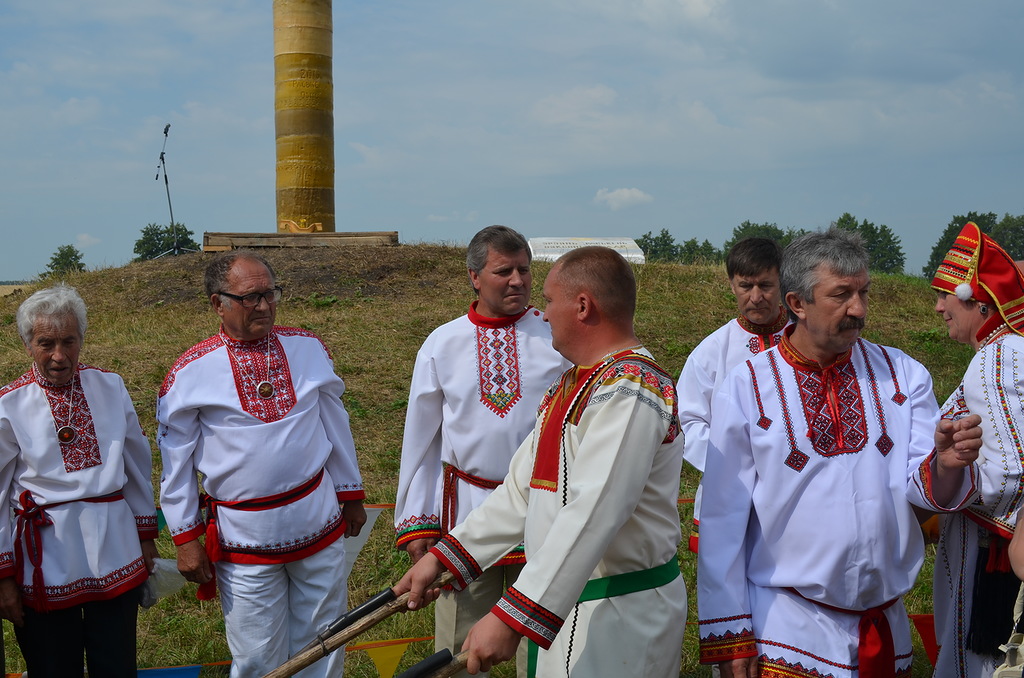
On 16 April 1894, the linguist Anatoli Ryabov was born, founder of the written language and the author of many textbooks, who fell victim to Stalinist repressions. He was arrested in 1937 accused of spying for Estonia and Finland and executed in 1938.
Despite this tragic event, the Erzya Language Day is celebrated in the Russian Federation almost everywhere where Ersa and Moksha live closer together or have established their own national organisations – as if the central authorities of the Russian Federation fully support the cultural aspirations of the minority nations. Erzya language activists and teachers are praised and Erzya language recitals and concerts are organised.
On the occasion of the national holiday, a festive event-concert was also held this year in Saransk, the capital of the Republic of Mordovia. The head of the republic, Artyom Zdunov, congratulated the Mordvin people and wished that the Mordvins would live for centuries and speak Mordvin languages. On the occasion of Mordvin Language Day, thanks were given to writers and speakers of these languages, as well as Mordvin social organisations. Russian President Vladimir Putin also awarded a letter of thanks to Yuri Mishanin, who is the chairman of the central organisation that unites Mordvins – the Social Interregional Organization of the Mordovian (Erzya and Moksha) People.
The Mordvins (Erzyas and Mokshas) are the largest Finno-Ugric people in the Russian Federation, but despite the parades and festive cultural events of the government of the Republic of Mordovia, their numbers are unfortunately rapidly decreasing. The traditional area of residence of the Erzyas has been the region south of the Volga and west of the Oka River. Today the majority of Erzyas – about half – still live either in the Republic of Mordovia or in a wide diaspora extending to the east: in Penza, Orenburg and Samara regions and elsewhere as far as Siberia. In the 2010 Russian census, 744,236 people defined themselves as Mordvin, and in 2021, 484,450 people identified themselves as Mordvin, 50,086 of them as Erzya and 11,801 as Moksha. 280,046 spoke the Mordvin language, of which 40,045 people considered themselves to be fluent in the Erzya language. The loss of the Erzya and Moksha languages has been rapid, in 2021 slightly more than half, 52% of Mordvins spoke Mordvin languages.
